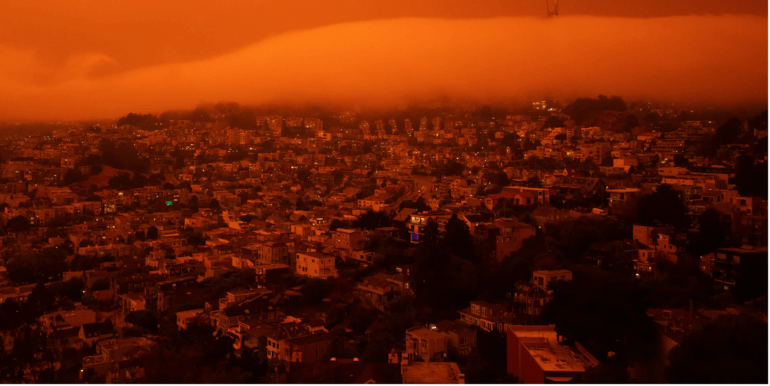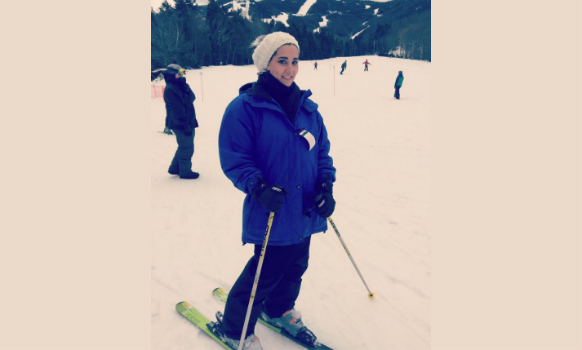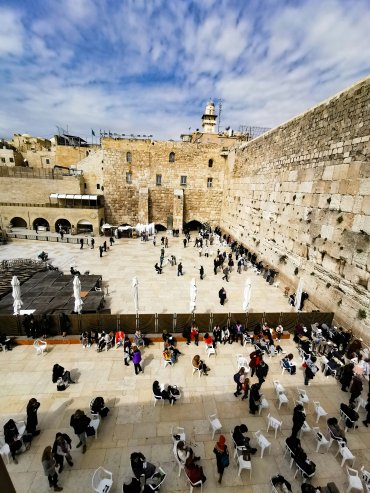
Judaism Is Against Vigilante Justice, Even After Painful Murders In Israel
Two brothers, ages 4 and 6 were rammed by a terrorist in a car in Israel, while walking with their father and brother two weeks ago. Both boys were killed. Last I heard, the father was in critical condition. I have two boys who are two years apart. Seeing those sweet, smiling faces beneath their yarmulkes, like my boys once looked, was overwhelming. Then yesterday, once again, two brothers, two years part were sprayed at point blank range with bullets by a terrorist as they sat in traffic. They were murdered instantly. These brothers are several years older than my boys are. But as my sons are maturing, I can picture the 20 and 22 year old versions of them. The pain is too much. (As we publish this, we are heartbroken to learn of another death of an innocent Jew, with dual American/Israeli citizenship.)
All that being said, vigilante violence is never the answer for Jews. And with a daughter, two sisters, two brothers-in-law and numerous nieces and nephews living in Israel, with plans to move there too, Israel, and her people, are close to my heart. After these two sweet, innocent young men were killed yesterday, some extremist Jewish Israelis went to local Arab villages to violently riot. While I can understand the intense grief, rage, and frustration of watching innocent people being killed, not feeling safe, not wanting more of your loved ones to die, this is not the way Jews are meant to respond. Besides the harm these rioters caused others, they desecrated our people, our Torah and our God.
I posted about the murder of both sets of Jewish brothers on social media. But when I heard how fellow Jews had resorted to violence, I felt compelled to speak out about that as well. I was stunned by the response from some Jewish people, who told me because there are Palestinians who celebrate the death of Jews by giving out candy and indoctrinating their children to hate and want to kill Jews, we can now respond in kind and run through their towns and villages, indiscriminately harming them for what they might do to us.
According to Jewish law, if there is a rodef (a pursuer) who presents a threat of imminent danger, we are required to stop him. Lethal force can be used if that’s the only way to stop a murderer. If there are dangerous people plotting something that we learn about, we are required to act in order to stop them. That’s because we are also forbidden from standing idly by our neighbor’s blood (al saamod al dam reyecha).
What we’re not allowed to do is look at a group that is part of people who have done violent things and assume that they are all guilty. What we’re not allowed to do is assume that a group will do violent things (without any concrete evidence) and harm them on the chance that some of them might. As I was looking for more Torah sources to elucidate this teaching, that our Torah requires us to protect innocent lives and also take the moral high ground, I remembered a quote from the commentator Rashi in parshas Vayeira, when Hagar and Ishmael (the father of the Arab nation, the brother of Isaac, which makes us cousins) was sent from Avraham’s home and was dehydrated in the desert.
God heard the cry of the boy, and a messenger of God called to Hagar from heaven and said to her, “What troubles you, Hagar? Fear not, for God has heeded the cry of the boy where he is. (Bereishis 21:17)
On the words, “where he is” Rashi offers the following commentary:
According to the actions he is now doing shall he be judged and not according to what he may do in future. Because the ministering angels laid information against him, saying, “Master of the Universe, for him whose descendants will at one time kill your children with thirst will You provide a well?” He asked them, “What is he now, righteous or wicked?” They replied to him, “Righteous.” He said to them, “According to his present deeds will I judge him.” This is the meaning of what is written: “[For God hath heard the voice of the lad ] in that condition in which he now is” (Genesis Rabbah 53:14). Where did he (Ishmael) kill Israel with thirst? When Nebuchadnezzar carried them into exile — as it is said, (Isaiah 21:13, 14) “The burden upon Arabia … O ye caravans of Dedanites, unto him that is thirsty bring ye water! etc.” When they were bringing them near the Arabians the Israelites said to their captors, “We beg of you bring us to the children of our uncle, Ishmael, who will certainly show pity to us”, as it is said, “O ye caravans of the Dedanites (דדנים)”; read not דדנים but דודים, kinsmen. — These indeed came to them bringing them salted meat and fish and water-skins inflated with air. The Israelites believed that these were full of water and when they placed them in their mouths, after having opened them, the air entered their bodies and they died (Eichah Rabbah 2:4).
What the midrash that Rashi quotes is saying is that when God heard Ishmael’s cries of dehydration, he saw him as he was then – innocent and needing salvation. Though God and his angels knew that one day Ishmael’s descendants would kill the Jewish people through thirst, it didn’t matter back when Ishmael was suffering. He had done nothing wrong at that point and so he couldn’t be punished for the future.
So too, Arab villagers, with no concrete evidence of plotting to harm Jews cannot be treated as guilty or pursuers (rodfim). Our Torah doesn’t see them that way and neither does our God.
These last few weeks have been painfully bloody and devastating. I fear the violence may only just be getting started. We must use our best intelligence to detect, our best weapons to protect, but never forget our Jewish values in all of this mess.
It is a strong moral compass that we Jews have brought to the world. Even as the bitter loss of innocents rip us apart, we cannot lose our way. We cannot forget the values we hold that must endure.
If you found this content meaningful and want to help further our mission through our Keter, Makom, and Tikun branches, please consider becoming a Change Maker today.







